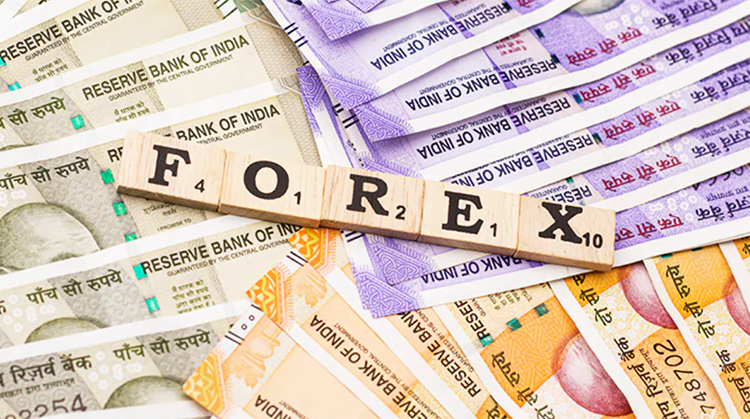
The Russia-Ukraine conflict may be exceptional, and such conflicts may not occur again for a long period. As a result of globalization, one outcome has been sanctioned and imposed by Western nations, which impacts practically all countries. However, sanctions against Iran were imposed with certain exceptions. When it comes to global stability, tensions are constantly there, with fears growing about how non-democratic countries can act and the repercussions that might follow. Whether central banks should diversify their foreign exchange holdings has arisen as a result of this.
Most central banks now choose to invest their foreign exchange reserves in dollar or euro-denominated deposits or bonds. These two currencies account for over 80% of global investible reserves, with the dollar accounting for 60% and the euro for 20%. Another 10% is in yen or pound sterling, with the remainder split among other currencies, including the Renminbi. Is there a need for more variety?
The dollar and euro are attractive investments because they are considered strong global currencies that have also served as anchors. The euro was intended to be a competitor to the dollar, but the Greek crisis showed the flaws of a unified currency that spans 19 countries with vastly varied economies. As a result, the dollar maintains its dominance.
The problem today is that because Russia is no longer part of the SWIFT system, it is difficult to deal in any other currency. It would be possible for central banks to provide a payment system if other accepted currencies were stored. In certain ways, the United States has a monopolistic monetary system, which has been aided by the EU’s decision to follow suit.
Earn passive income trading Forex, CFDs, Commodities, Binary options, Cryptocurrencies like Bitcoin and Ethereum as well as more rare coins in India with trusted brokers
On a global scale, there is a risk that if the US decides to impose sanctions against a country, the central banks’ dollar holdings will be blocked, as was the case with Russia. In reality, China should be on the lookout now, as any political aggression against a neighboring country that is taken up by the US could result in such retaliation. As a result, if countries’ foreign reserves are frozen, they will be in a difficult situation. In theory, the United States might withhold payments from countries that do not comply with the sanctions it puts on them. As a result, central banks have an incentive to consider alternatives to the dollar, euro, and pound.
SDRs, a basket of currencies that were globally acceptable but dominated by the dollar in the past, were a way out. The IMF remains an impartial organization that offers assistance to all member nations, therefore bringing back the SDR will help. If all countries rally behind the SDR, it might become the currency of last resort in crisis times. While a new currency basket can be created, including non-democratic countries will always cause ideological challenges in times of crises. Furthermore, the basket must have an owner, which will be a contentious issue. The IMF is a global institution that inspires confidence, and countries should try to adopt the SDR as well. The IMF, on the other hand, will have to figure out how to get a return on the same SDR that can be translated into currencies that can be used for on-lending.
Countries also should work out economic agreements with non-democratic countries like Russia and China in order to establish a payment and settlement framework. The currency used to settle international trade must be expanded to include a basket of currencies that can be traded bilaterally with domestic currencies. As a result, central banks should be stockpiling currencies of major trading partners so that, in the event of a crisis, commerce can continue. For this, an agreed-upon process for determining exchange rates is required. For example, India has amicable connections with all West Asian countries and should be able to trade with them if they are cut off from the global financial system.
The catch is that this must be a continuous operation in order to allow for flawless trade during critical periods. As a result, countries should begin conducting bilateral trade in their respective currencies to ensure consistency. Central banks will be able to diversify their currency reserve holdings as a result of this.
There would be a good case for various economic blocs to arise if we move away from globalization and countries become more inward-looking. If exchange rates can be decided, bilateral currency settlement makes sense. It won’t be surprising if cryptos become a viable option in these circumstances. To keep the basket flexible, central banks must look for diversification into SDR, gold, and non-blue chip currencies.
Subscribe for our newsletter
Get Forex brokers reviews, market insights, expert analytics and education material right into your inbox for free!